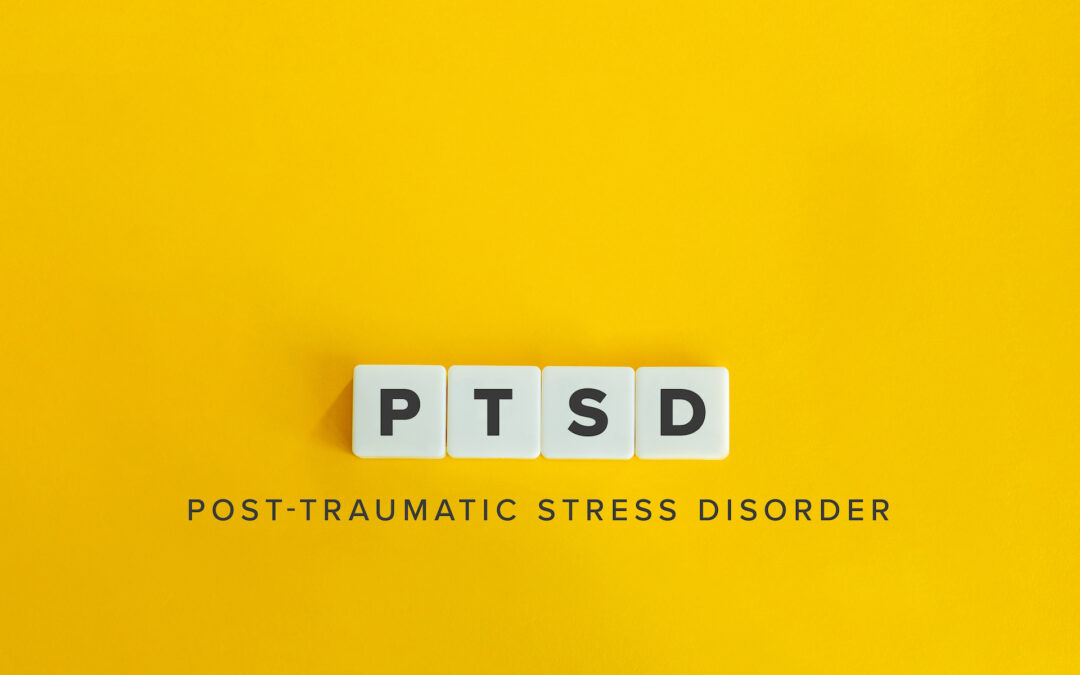Each week, ICBA’s Jordan Bateman reflects on what we’ve learned as we participate in ICBA’s Workplace Wellness Program. This program is free for all ICBA members – check out icba.ca/wellness for details.
As more research and understanding is built around mental health, it’s clear that Post-Traumatic Stress Disorder (PTSD) is a growing issue in our communities.
While we often think of PTSD as something that our armed forces, police officers, or firefighters face, trauma can affect anyone—and anyone can experience PTSD. A serious accident, an assault, a natural disaster, or witnessing a traumatic event can all trigger PTSD.
Nearly one in ten Canadians will experience PTSD at some point in their lives. And it’s not always immediately following the event – PTSD can crop up months after the traumatic event happened.
This week, our ICBA Wellness program shared a few of the most common symptoms of PTSD:
- Distressing or frightening thoughts, flashbacks, or nightmares about the event
- Anxiety and fear, especially when confronted with events or situations that remind you of the trauma
- Avoiding things that remind you of the traumatic event
- Blaming yourself for the event or believing that everything must be very dangerous
- Low mood, despair, or hopelessness
There’s more, but the key is to reach out for help if you’re at risk of PTSD.
ICBA’s Workplace Wellness Program is helping more than 75 companies and 7,000+ construction professionals better understand mental health. The program is free for ICBA members — see icba.ca/wellness.

